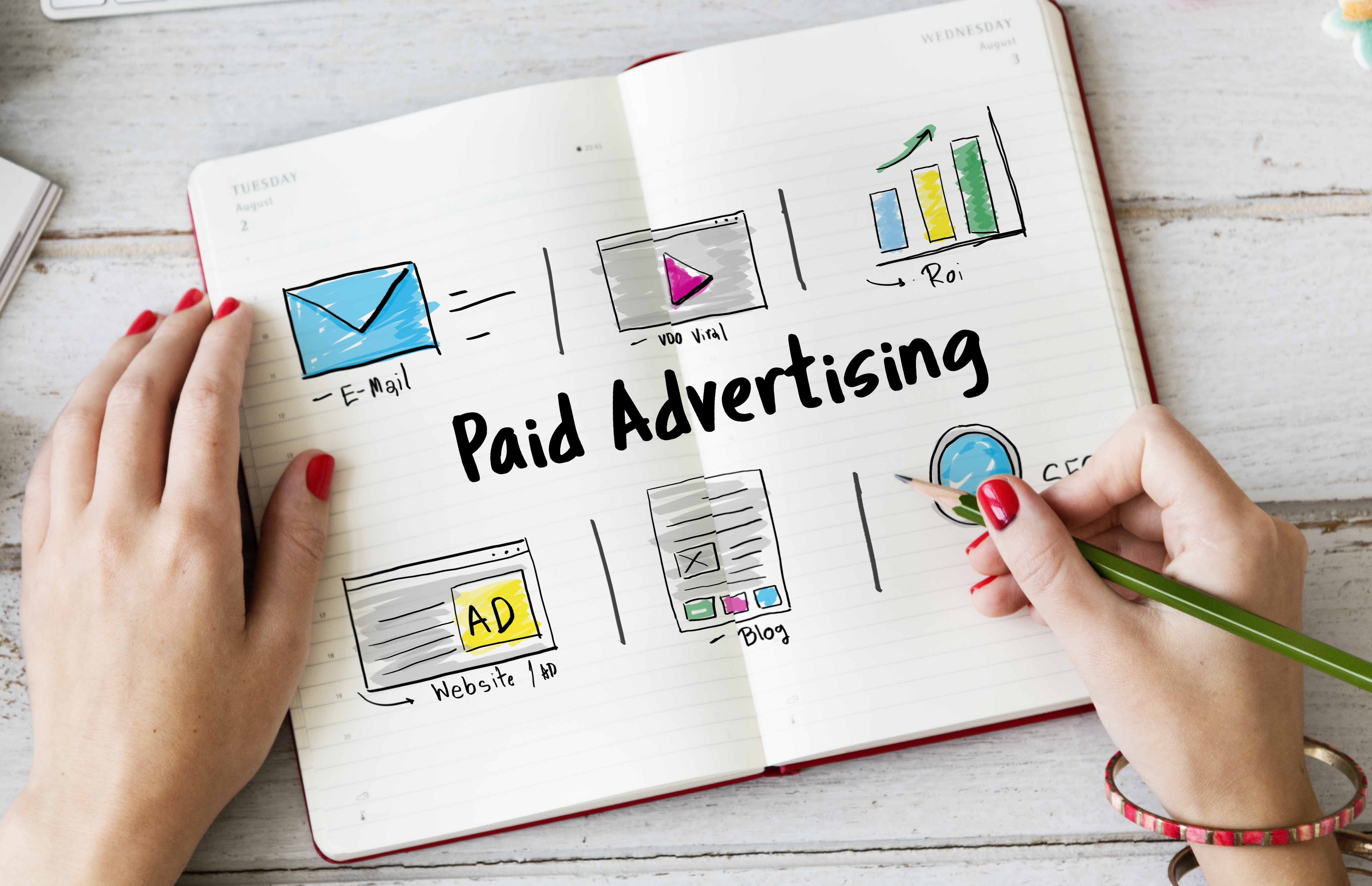Instant Results:Unlike organic search efforts that take time to build momentum, PPC campaigns can generate traffic almost immediately after launching. This quick turnaround allows businesses to see results faster.


Pay-Per-Click (PPC) advertising is a dynamic and effective method for businesses looking to gain immediate visibility and drive targeted traffic to their websites. Unlike traditional advertising, PPC allows companies to pay only for the actual clicks their ads receive, making it a budget-friendly approach. This model not only enhances brand exposure but also provides measurable results that can be fine-tuned for optimal performance.
In this blog, we’ll explore the power of PPC advertising and share essential strategies to help you maximize your return on investment (ROI).
PPC advertising involves paying a fee each time one of your ads is clicked. This model allows you to bid on specific keywords relevant to your business, ensuring that your ads appear in front of a targeted audience actively searching for your products or services. Platforms like Google Ads and Bing Ads dominate the PPC landscape, but social media platforms like Facebook and Instagram also offer PPC options.
Instant Results:Unlike organic search efforts that take time to build momentum, PPC campaigns can generate traffic almost immediately after launching. This quick turnaround allows businesses to see results faster.
Targeted Reach: PPC enables you to reach specific demographics, interests, and behaviors. This targeting ensures your ads are displayed to users most likely to convert, improving overall campaign effectiveness.
Measurable Outcomes: PPC provides detailed analytics that allows you to track clicks, conversions, and ROI. This data-driven approach helps refine strategies and optimize future campaigns.
Budget Control: With PPC, you have full control over your budget. You can set daily or monthly spending limits and adjust bids based on performance, ensuring you maximize your advertising dollars.

Content is king in the world of SEO. Create informative, engaging, and original content that addresses the needs and interests of your audience. Regularly updating your blog with relevant articles can establish your authority in your niche. Aim for content that is at least 1,000 words long, as longer articles tend to perform better in search rankings.
1. Conduct Thorough Keyword Research :Identifying the right keywords is critical for a successful PPC campaign. Use tools like Google Keyword Planner, SEMrush, and Ahrefs to find high-volume keywords relevant to your offerings. Focus on long-tail keywords that often have lower competition and higher conversion rates.
2. Create Compelling Ad Copy :Your ad copy plays a crucial role in attracting clicks. Write clear, concise, and compelling ads that highlight the benefits of your products or services. Use strong calls-to-action (CTAs) to encourage users to click, such as “Shop Now” or “Get a Free Quote.”
3. Optimize Landing PagesEnsure that the landing pages your ads direct to are optimized for conversions. The page should load quickly, be mobile-friendly, and have a clear value proposition. Include relevant content that matches the ad copy to provide a seamless user experience.
4. Utilize Ad Extensions :Ad extensions enhance your ads with additional information, such as location, phone numbers, or links to specific pages on your website. They increase the visibility and click-through rate (CTR) of your ads, ultimately improving your ROI.
5. Monitor and Adjust Bids :Regularly review your bids to ensure you're getting the best value for your ad spend. Increase bids on high-performing keywords and reduce or pause spending on underperforming ones. This ongoing optimization will help you allocate your budget more effectively.
6. A/B Testing :Running A/B tests on your ads and landing pages can provide insights into what resonates best with your audience. Experiment with different headlines, images, and CTAs to identify the combinations that yield the highest conversion rates.
7. Leverage Retargeting :Retargeting allows you to reconnect with users who have previously visited your site but didn’t convert. By displaying targeted ads to these users, you can remind them of your offerings and encourage them to return to complete a purchase.
8. Analyze Performance Metrics :Use tools like Google Analytics to track your campaign performance. Pay attention to metrics such as CTR, conversion rate, and cost per conversion. Analyzing these metrics will help you understand what’s working and where improvements can be made.
9. Focus on Quality Score :Google uses a metric called Quality Score to determine the relevance and quality of your ads. A higher Quality Score can lead to lower costs and better ad placements. Improve your Quality Score by ensuring your keywords, ad copy, and landing pages are closely aligned.
10. Partner with Experts :While managing a PPC campaign can be straightforward, optimizing for maximum ROI often requires expertise. Partnering with a digital marketing agency like Corporate Ranking can help you develop a tailored strategy that aligns with your business goals.
PPC advertising is a powerful tool for driving targeted traffic and increasing conversions. By following these tips, you can maximize your ROI and harness the full potential of your PPC campaigns. With the right strategy, you can achieve not just immediate results but also long-term success in the digital marketplace.
Our team of experienced PPC experts can help you optimize your campaigns for maximum ROI. We'll analyze your current strategy, identify areas for improvement, and implement targeted optimizations to drive more conversions and increase your return on investment.
ⓒCopyright 2024 . All rights reserved


